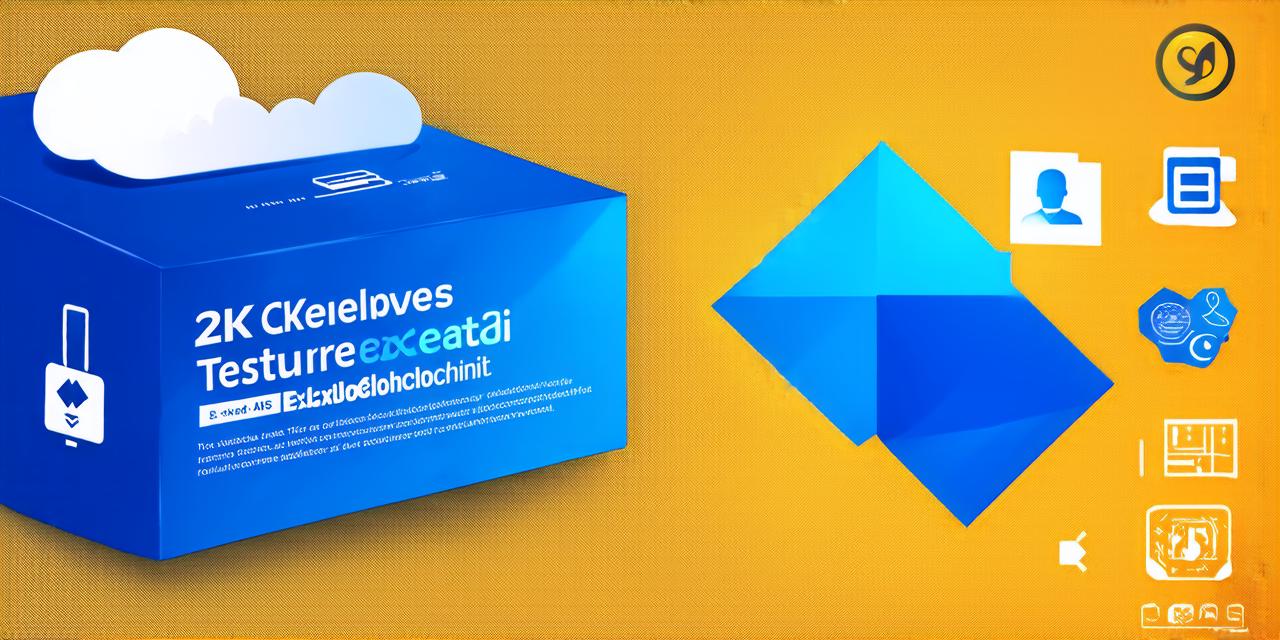Blockchain as a Service
Blockchain technology has been around for a few years now and it’s becoming increasingly popular in various industries. But not everyone has the resources or expertise to implement blockchain solutions on their own. That’s where BaaS comes in.
What is Blockchain as a Service?
Blockchain as a service (BaaS) refers to a cloud-based platform or software that allows users to build decentralized applications (DApps) on top of blockchain technology without having to manage the underlying infrastructure themselves. This means that users can leverage the benefits of blockchain without needing to invest in expensive hardware and software.
BaaS providers offer various services such as smart contract development, consensus mechanisms, data storage, and more. Users can choose from a variety of BaaS providers based on their specific needs and requirements.
Benefits of Blockchain as a Service
There are several benefits to using BaaS solutions:
- Reduced costs: With BaaS, users do not need to invest in expensive hardware or software. They can also leverage existing infrastructure to reduce costs.
- Increased scalability: BaaS providers have the resources and expertise to manage large-scale blockchain networks. This means that users can easily scale their DApps as needed without worrying about infrastructure limitations.
- Improved security: BaaS providers have specialized teams of experts who are trained in blockchain security best practices. This ensures that user applications are secure from potential threats.
- Faster time to market: With BaaS, users can focus on building their DApps rather than managing the underlying infrastructure. This means that they can get their applications up and running faster.

Real-Life Examples of Blockchain as a Service in Action
There are many examples of companies that have successfully implemented BaaS solutions. Here are a few:
- IBM Watson Blockchain: IBM’s Watson Blockchain platform provides users with a variety of services such as smart contract development, data storage, and more. It has been used in industries such as healthcare, supply chain management, and finance.
- Ethereum: Ethereum is a popular blockchain platform that allows users to build DApps using its programming language, Solidity. It has been used in industries such as gaming, entertainment, and finance.
- Hyperledger Fabric: Hyperledger Fabric is an enterprise-grade blockchain platform that provides users with private channels for secure data sharing. It has been used in industries such as finance, supply chain management, and healthcare.
- Tron: Tron is a decentralized platform that allows users to build DApps using its programming language, Solidity. It has been used in industries such as gaming, entertainment, and finance.
FAQs about Blockchain as a Service
Here are some frequently asked questions about BaaS:
Q: What is the difference between blockchain and BaaS?
A: Blockchain is a decentralized ledger technology that allows for secure, transparent data storage. BaaS is a platform or software that allows users to build DApps on top of blockchain technology without having to manage the underlying infrastructure themselves.
Q: What are some industries that use BaaS?
A: Industries such as healthcare, finance, supply chain management, gaming, entertainment, and more use BaaS solutions.
Q: How does BaaS reduce costs for users?
A: BaaS reduces costs by allowing users to leverage existing infrastructure and reducing the need for expensive hardware and software investments.
Summary
Blockchain as a service is becoming increasingly popular in various industries due to its benefits such as reduced costs, increased scalability, improved security, and faster time to market. By leveraging BaaS solutions, users can build decentralized applications on top of blockchain technology without having to manage the underlying infrastructure themselves. Companies such as IBM Watson Blockchain, Ethereum, Hyperledger Fabric, and Tron have successfully implemented BaaS solutions in their respective industries. As the adoption of blockchain technology continues to grow, we can expect to see more companies embrace BaaS solutions in the future.
